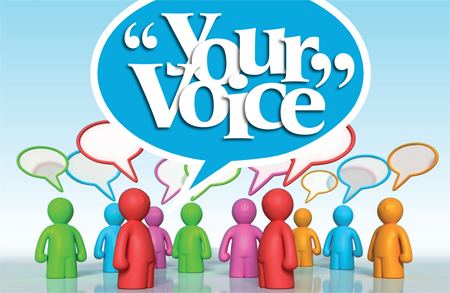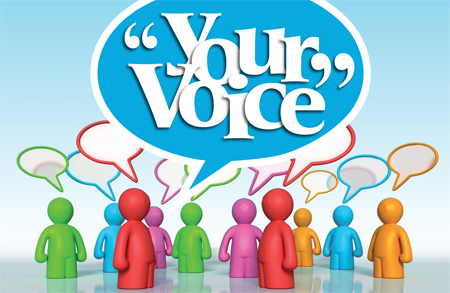Raising the minimum wage

One of the objections to raising the minimum wage was that the Congressional Budget Office projected that it would cost 1.4 million jobs. However, research has shown that this does not happen.
Paul J. Woodson and Dale Belman’s research, “15 years of Research on U.S. Employment and the Minimum Wage,” shows that increases in the minimum wage have not led to detectable job losses. Even in low-wage states like Mississippi, raising the minimum wage is beneficial. Studies by Michael Reich, Sylvia Allegretto, and Claire Montialoux found, “minimum wage increase will have more positive effects in Mississippi and other low-wage states than in more affluent states.” While the CBO may project job losses, that is not what extensive years of research shows. Furthermore, studies by the Economic Policy Institute show that “public assistance programs would fall by between $13.4 billion and $31.0 billion.” This will help to reduce the federal debt. They reported that: “Earned income tax credit (EITC) and child tax credit (CTC) expenditures would decline by somewhere between $6.5 billion and $20.7 billion annually. Expenditures on the Supplemental Nutrition Assistance Program (SNAP) and other major government transfers would fall by between $5.2 billion and $10.3 billion annually. Reduced annual expenditures on SNAP alone would range from $3.3 billion to $5.4 billion. We also estimate that the $15 federal minimum wage in 2025 would increase annual Federal Insurance Contributions Act (FICA) revenue by between $7.0 billion and $13.9 billion.”
Raising the minimum wage will help essential workers that have been there for all of us throughout this pandemic crisis. Home health care aids, nursing home workers, substitute teachers, grocery workers, cooks, and many many other essential workers deserve to make a living wage, and research shows that it will benefit society as a whole.



